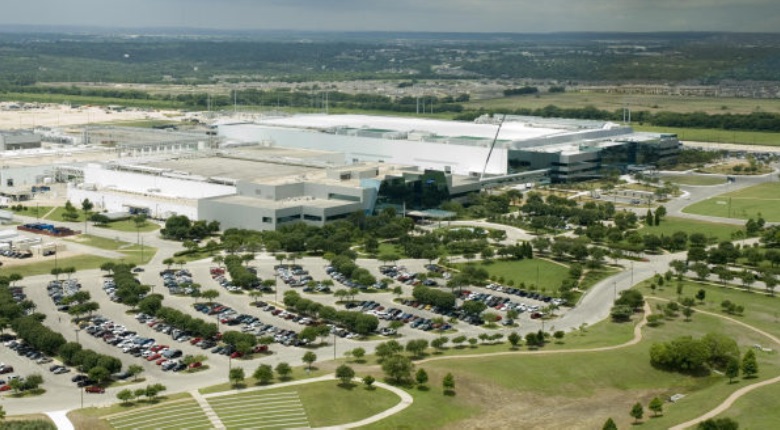- November 23, 2021
- No Comment
- 144
Chip-making Plant of Samsung in Texas will create more Jobs for Americans

Many reliable news outlets have reported that Samsung Electronics Co. plans to build a roughly $17 billion chip-making plant in Taylor, Texas. This marks a mega-investment by the South Korean tech giant amid the Biden administration’s push for an expansion of US semiconductor production. Gov. Greg Abbott is also scheduled to make an economic announcement. The Taylor facility is located in central Texas, plans to create around 1,800 jobs, though chip production isn’t expected to start until the end of 2024. Taylor had offered incentives to woo Samsung that include the equivalent of property-tax breaks of up to 92.5% for the first 10 years, with the write-offs gradually declining over the next several decades. However, a Samsung spokeswoman said, “A final decision has not yet been made regarding the location”.
Samsung’s doubling down on Texas where it already has a footprint comes amid a year of historic spending for the semiconductor industry, spurred by government incentives seeking to attract local production. Point to be noted that a global chip shortage has undercut many industries from smartphones and home appliances to cars. Samsung is the world’s largest semiconductor maker by revenue and plans to invest more than $205 billion over the next 3-years, with chip-making a priority. Taiwan Semiconductor Manufacturing Co. has earmarked more than $100 billion over the next 3-years to build new chip factories. Intel Corp. has also announced more than $100 billion worth of semiconductor factory investment plans in the US and Europe over the coming decade. Bolstering American production of chips has been a priority for both the Biden administration and Congress.
US Senate approved $52 billion in June, in direct industry subsidies for new semiconductor-making factories. The Semiconductor Industry Association also said the US has fallen behind in semiconductor manufacturing, accounting for just 12% of worldwide production capacity in 2020, down from 37% in 1990. China, Taiwan, and South Korea have become larger production hubs for computer chips that lawmakers have come to see as a resource critical to national security and economic growth. Samsung had previously scouted locations in Arizona, New York, and Florida Before landing on Taylor. The company had also considered Austin, Texas, where Samsung has operated its sole US-based chip-making plant for decades. Moreover, Taylor is a town of about 16,000 people in Williamson County and is about 30 miles away from Austin. The planned site of roughly 1,200 acres is much larger than Samsung’s property in Austin.








